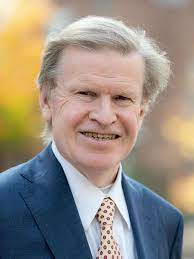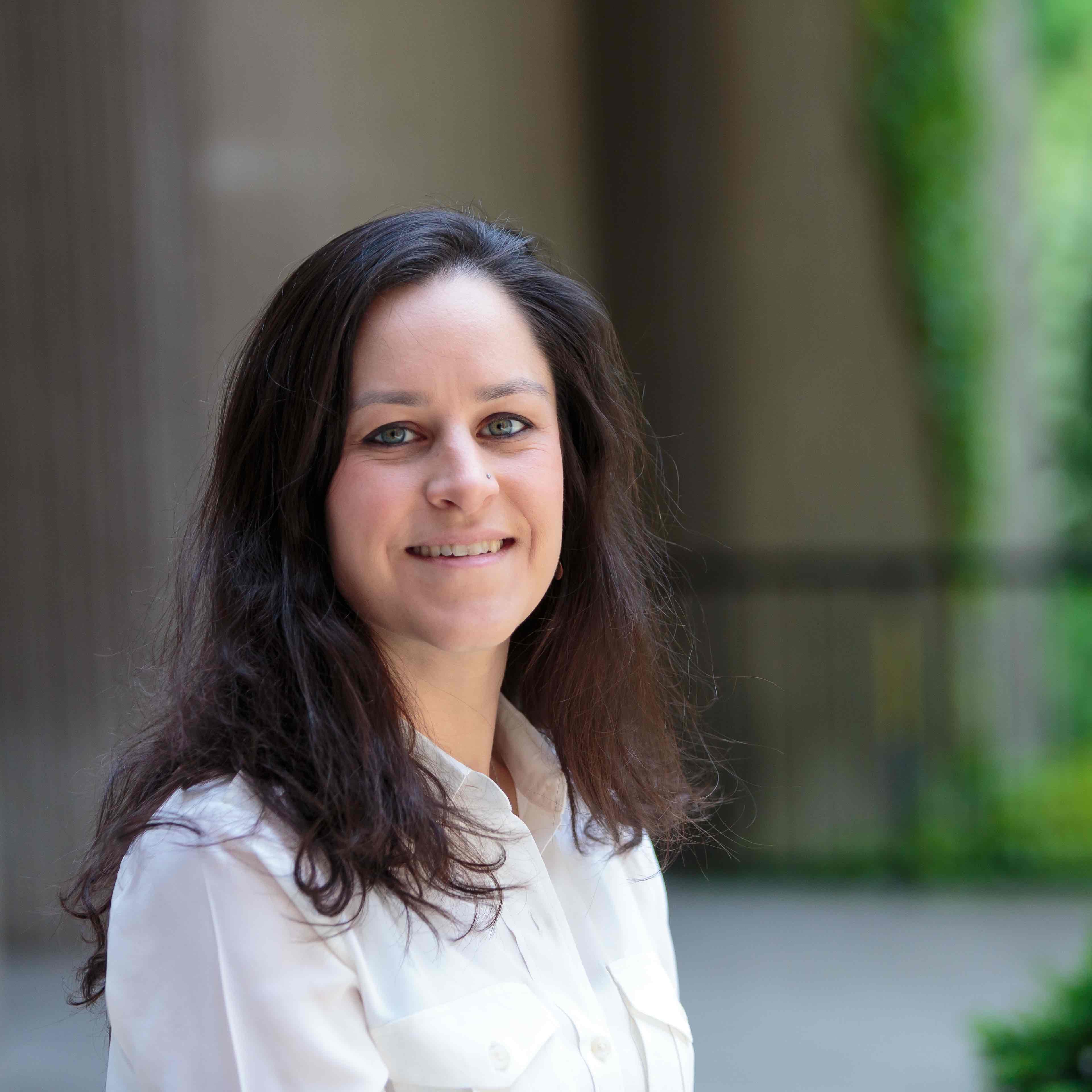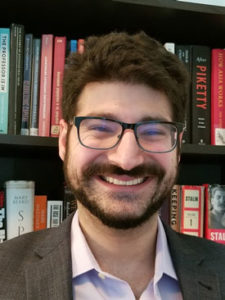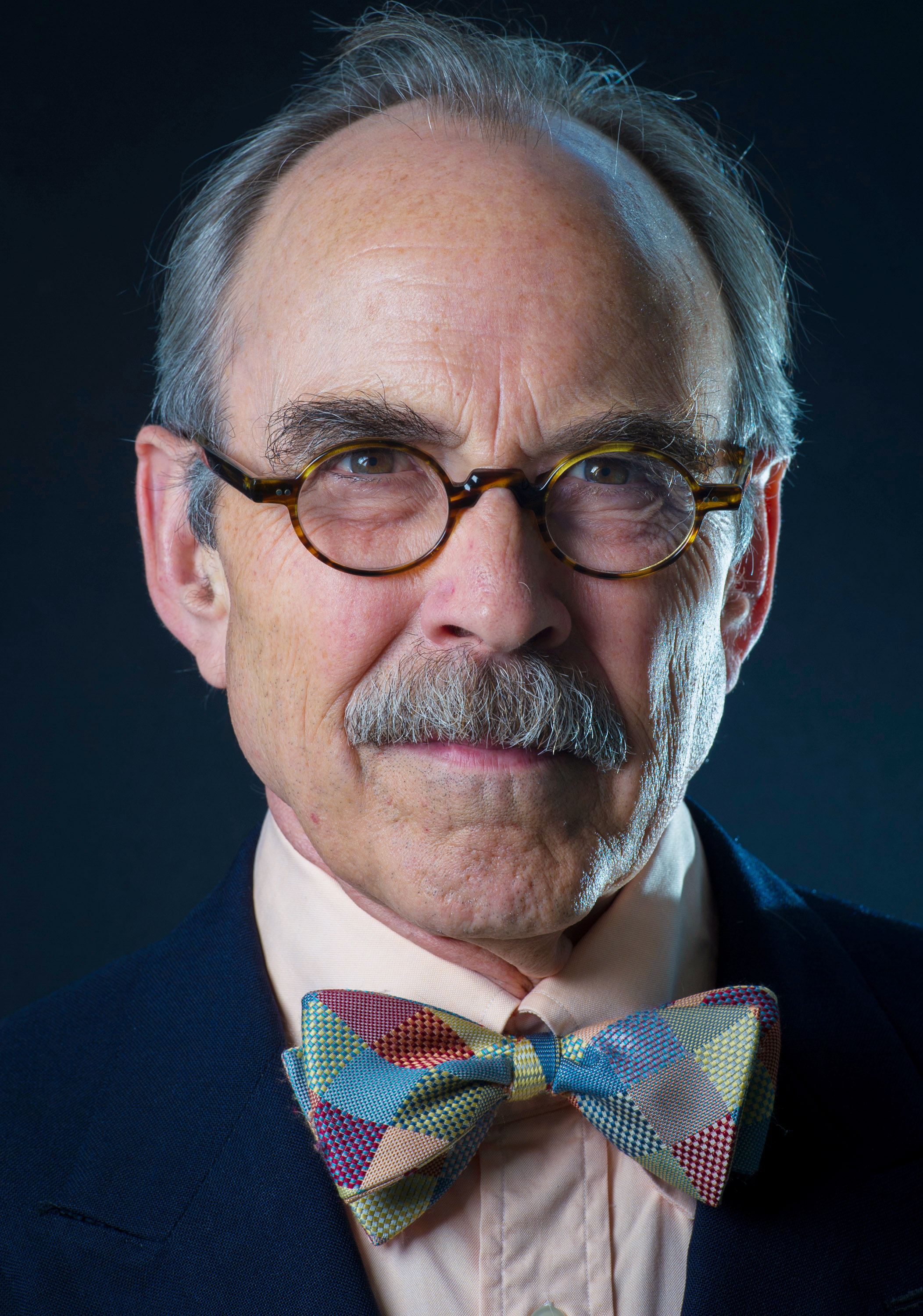Join us for a panel discussion about the past and future of planning. Across the globe, the twentieth century saw widespread enchantment with the power of the state to reshape all aspects of economic life. In the era of total war, no part of the economy, from production to trade and consumption, was exempt from state intervention. The infatuation with planning, broadly understood, had intellectual priors in the socialist movement and military planning. Perhaps the most radical expression of planning was attempted in Bolshevik Russia, but in the aftermath of the Great Depression, many governments, liberal and illiberal alike, propounded new visions of social progress through state-led investment programs. In the wake of the 1973 Oil Shock, disillusionment with state planning spread across the world, resulting in the dismantling of planning bureaucracies in subsequent decades.
Speaker Biographies:
| Elizabeth Chatterjee is Assistant Professor of Environmental History and the College at the University of Chicago. Her recent publications cover topics from the Asian Anthropocene and the early history of solar energy to the political economy of state-owned enterprises in twenty-first-century India. She is currently completing her first scholarly book, Electric Democracy: An Energy History of India from Colonialism to Climate Change. |
| Yakov Feygin is associate director of the Future of Capitalism Program at the Berggruen Institute and a Fellow at the Center for Public Enterprise. His research focuses on the history and future of economic planning and industrial policy. He holds a Ph.D. from the University of Pennsylvania. His book, Building a Ruin: the Cold War Politics of Soviet Economic Reform, is forthcoming with Harvard University Press in Winter 2023/4. |

| Harold James, the Claude and Lore Kelly Professor in European Studies at Princeton University, is Professor of History and International Affairs at the Woodrow Wilson School, and an associate at the Bendheim Center for Finance. His books include a study of the interwar depression in Germany, The German Slump (1986); an analysis of the changing character of national identity in Germany, A German Identity 1770-1990 (1989); International Monetary Cooperation Since Bretton Woods (1996), and The End of Globalization (2001), which is available in 8 languages. He was also coauthor of a history of Deutsche Bank (1995), which won the Financial Times Global Business Book Award in 1996, and he wrote The Deutsche Bank and the Nazi Economic War Against the Jews (2001). His most recent books include Family Capitalism, Harvard University Press, 2006; The Creation and Destruction of Value: The Globalization Cycle, Harvard University Press, 2009; Making the European Monetary Union, Harvard University Press, 2012; The Euro and the Battle of Economic Ideas (with Markus K. Brunnermeier and Jean-Pierre Landau), Princeton University Press, 2016; Making A Modern Central Bank: The Bank of England 1979-2003, Cambridge University Press 2020; The War of Words: A Glossary of Globalization, Yale University Press 2021. He is the official historian of the International Monetary Fund. In 2004 he was awarded the Helmut Schmidt Prize for Economic History, and in 2005 the Ludwig Erhard Prize for writing about economics. He writes a monthly column for Project Syndicate. |
William H. Janeway has lived a double life of “theorist-practitioner, according to the legendary economist Hyman Minsky, who first applied that term to him sone 30 years ago. In his role as “practitioner,” Bill Janeway has been an active venture capital investor for almost 50 years. He is a Special Limited Partner of Warburg Pincus, where he was responsible for building the information technology investment practice. As a “theorist,” he is an Affiliated Member of the Faculty of Economics of Cambridge University, where he lectures on Venture Capital and the Economics of Innovation. At Cambridge he is also founder of the Janeway Institute for Economics and of the Cambridge Endowment for Research in Finance (CERF). He has been a longtime member of the Board of the Social Science Research Council, where he currently serves as Chair, and was a co-founder of the Institute for New Economic Thinking. Bill Janeway is the author of Doing Capitalism in the Innovation Economy: Reconfiguring the Three-Player Game between Markets, Speculators, and the State (2nd ed., Cambridge University Press, 2018). He received his doctorate in economics from Cambridge University where he was a Marshall Scholar. He was valedictorian of the class of 1965 at Princeton University. |




